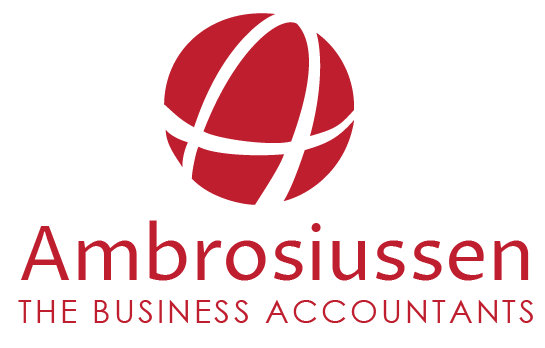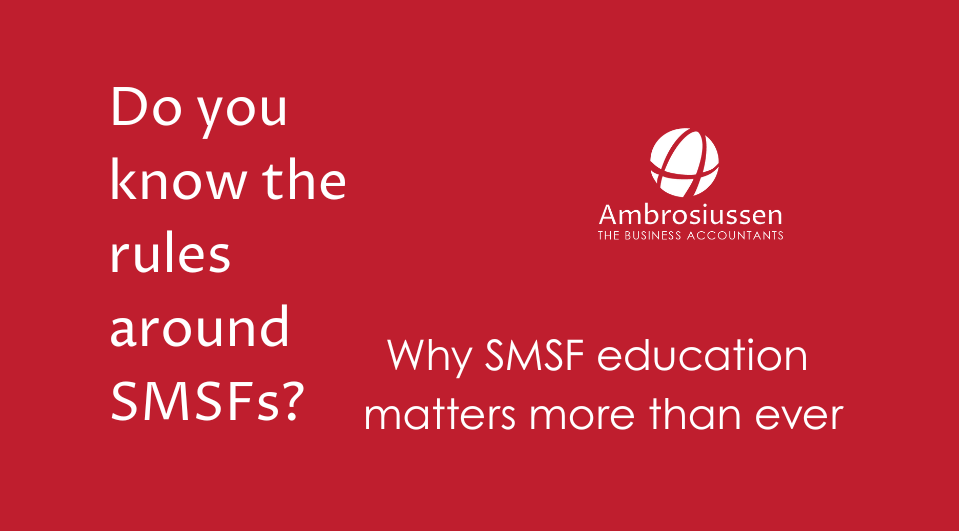Importance of Business Tax Planning
Tania Collie
March 24, 2025
None of us like paying more tax than we have to. The best way to keep the tax down is not by leaving it to the last minute, but by having a year-round process.
Effective tax planning for your business is an ongoing, year-round process, not just something to think about in June. By proactively implementing strategies throughout the year, you can aim to optimise your tax position and potentially minimise your tax liability.
Maintaining accurate and organised records of your income, deductions, and other relevant financial information is essential for substantiating your tax claims and facilitating a smooth tax return process. It is important to review your income and deductions for the year to date and identify any potential deductions you may have missed. Ensuring you have all necessary documentation to support your claims.
Several key strategies could be considered before the 30th of June, and in consultation with an accountant is essential to determine the most appropriate approach for your specific circumstances:
● Superannuation Contributions:
Maximise concessional (tax-deductible) contributions to superannuation, including employer and personal contributions, within allowable limits. Consider non-concessional (after-tax) contributions and spouse contributions, if eligible. To claim a tax deduction in the 2025 financial year, you need to ensure that your employee superannuation payments are received by the super fund or the Small Business Superannuation Clearing House (SBSCH) by 30 June 2025.
● Discretionary Trust Distributions:
Document distribution resolutions before the financial year's end, specifying the distribution of trust income and assets to beneficiaries. Consider tax implications for each beneficiary, aiming to distribute to those in the lowest tax brackets. The ATO have recently released a number of Tax Rulings that may affect trust distributions to adult children, so Tax Planning for 2025 will be vital for anyone using a Family Trust.
● Division 7A Loans:
Ensure compliance with Division 7A of the Income Tax Assessment Act 1936 for company loans to shareholders or associates. Business owners who have borrowed funds from their business in a previous year must ensure they make appropriate loan repayments as per the Division 7A requirements. Current year loans must be either paid back in full or have a loan agreement entered in before the due date of lodgement for the company return, or risk having it counted as an unfranked dividend in the return of the individual.
● Asset Purchases:
Explore potential depreciation deductions for business asset purchases. Take advantage of the instant asset write-off threshold for eligible assets. The timing of asset purchases strategically can potentially maximise depreciation deductions and align with business cash flow and tax planning goals.
● Write Off Bad Debts:
Review accounts receivable and identify genuinely bad and unrecoverable debts for potential tax deductions. It is also important to maintain proper documentation to support bad debt write-offs.
● Obsolete Stock & Fixed Assets:
By conducting a thorough stocktake to identify obsolete or slow-moving stock for potential write-down or write-off. It is also worthwhile looking through your depreciation fixed asset schedule to identify any assets that are lost or scrapped and may need writing off.
● Prepay Expenses:
There may be some business expenses that can be prepaid and deductible in the year they are paid. Always check with your accountant for eligible expenses and please also consider business cash flow.
Disclaimer: This information is of a general nature and does not constitute specific financial or tax advice. Consultation with a qualified professional is essential for specific advice for your particular circumstances.




